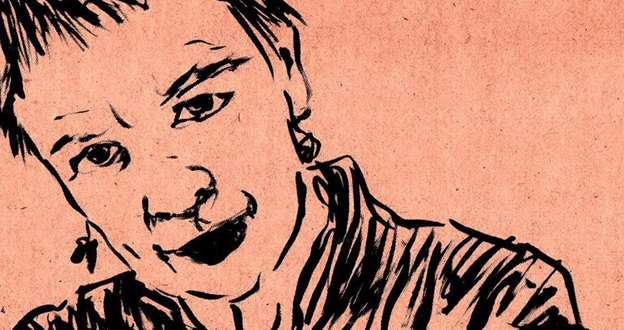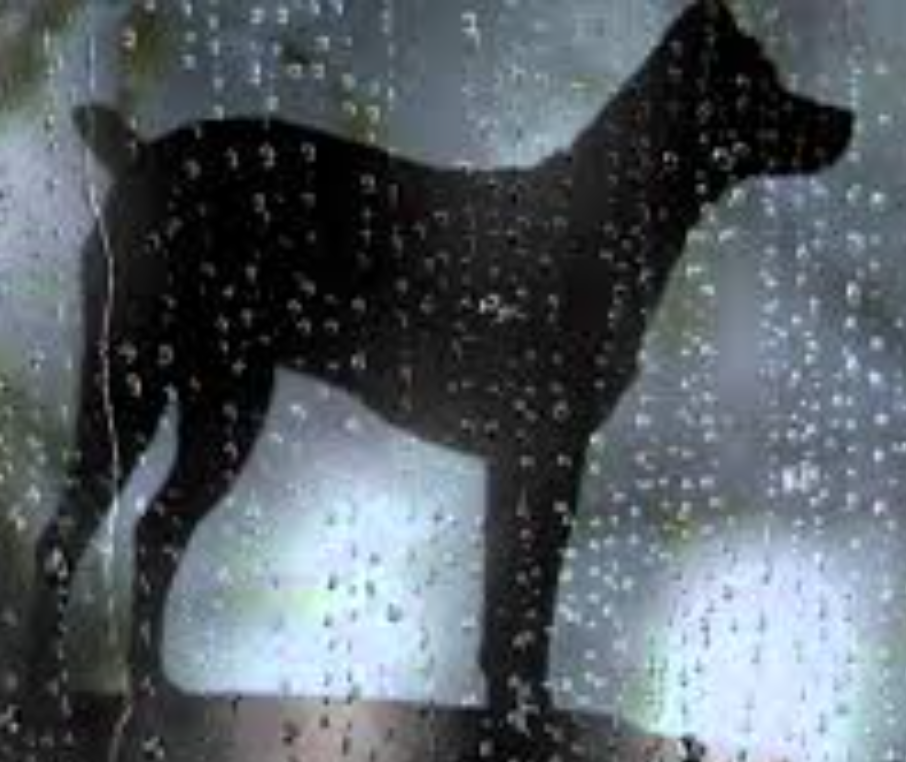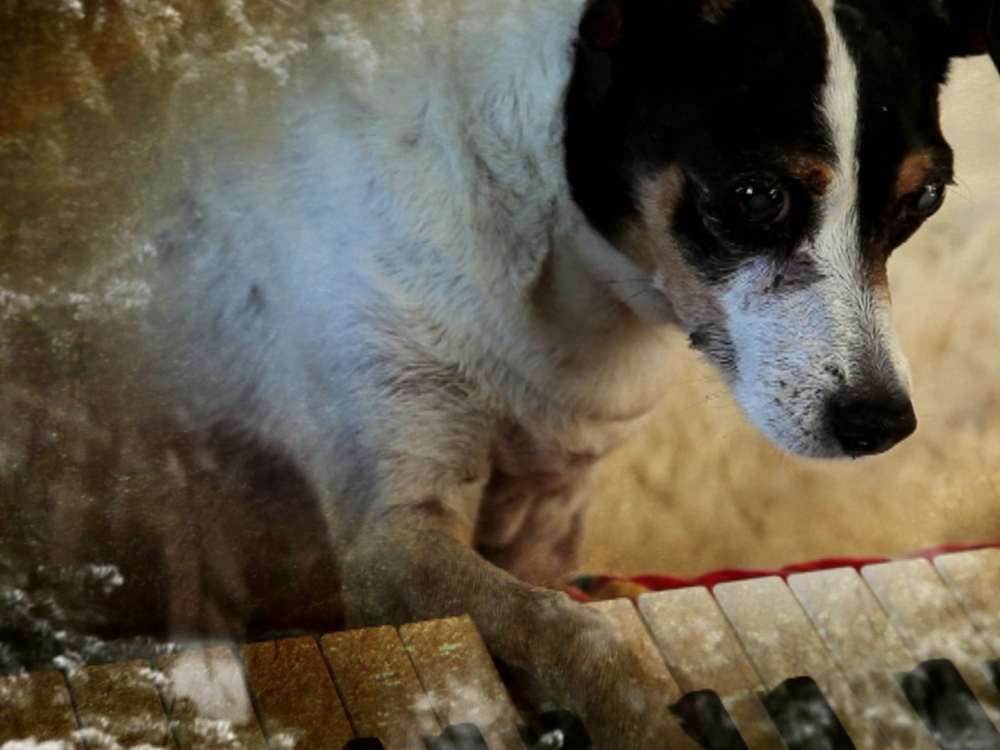 ‘Tis the season for Oscar bait. Every week, more big-scale, self-serious films hit the multiplex, and though some are fantastic (“Room,” “Spotlight“), they tend to eclipse smaller projects like “Heart of a Dog,” a micro-budget meditation on loss, love, and one very charismatic pet. Yet this is quietly one of 2015 cinema’s best offerings – so much so that it’s gaining traction despite terrible odds. Recently acquired by Abramorama and HBO Documentary Films, it went into wider release a few weeks ago, and will receive an HBO debut in 2016. It’s no surprise, really, given that this film is written, directed, and narrated by Laurie Anderson. A true survivor in the precarious world of performance art, she has a long history of backing into success just by being her puckish, wondering self.
‘Tis the season for Oscar bait. Every week, more big-scale, self-serious films hit the multiplex, and though some are fantastic (“Room,” “Spotlight“), they tend to eclipse smaller projects like “Heart of a Dog,” a micro-budget meditation on loss, love, and one very charismatic pet. Yet this is quietly one of 2015 cinema’s best offerings – so much so that it’s gaining traction despite terrible odds. Recently acquired by Abramorama and HBO Documentary Films, it went into wider release a few weeks ago, and will receive an HBO debut in 2016. It’s no surprise, really, given that this film is written, directed, and narrated by Laurie Anderson. A true survivor in the precarious world of performance art, she has a long history of backing into success just by being her puckish, wondering self.
Born in Chicago in 1947, Anderson made her name in the experimental art scene of 1970s Soho. Her first performances were joyful cacophonies: symphonies of car horns, a violin concert in which she wore skates frozen into blocks of ice. But at thirty-five (the very age Hollywood normally would have written her off for good), Anderson achieved something almost unheard of in the world of performance art: mainstream popularity.
She was selling mail order copies of an album she’d recorded on an NSA grant when she received a request for 80,000 records. “I called Warner Brothers Records and said ‘Listen, I need your help,'” she told the Smithsonian. “And they said, ‘That’s not how we do things at Warner Brothers Records. What we do is you sign an eight-record deal.’ And I was like, ‘What?'” “O Superman,” a rock single from that album, went on to reach number two on British charts.
‘That’s not how we do things at Warner Brothers Records. What we do is you sign an eight-record deal.’ And I was like, ‘What?'” “O Superman,” a rock single from that album, went on to reach number two on British charts.
Since then, Anderson has stayed afloat, gliding in and out of the public eye with an envelope-pushing glee that never betrays her Midwestern manners. She has worked with and been inspired by authors as far-ranging as William S. Burroughs, Allen Ginsberg, Ludwig Wittgenstein, and Alain de Botton; published books of her own; released six more albums on the Warner label; shown at major museums; and, renowned for her innovative use of technology, has been employed as NASA’s first artist-in-residence. She also was married to rock god Lou Reed until his death in 2013. She says, “I’ve felt my job as an artist is to be a kind of a narrator: ‘Hey, look over there, what’s that about?'”
It’s that gently childlike interrogation that drives “Heart of a Dog” so beautifully. Anderson always has been about finding meaning where most people don’t think to look. Here she looks for it in that most confusing of places: her own memory, especially of important nurturance that she’s received. Envision a home movie swaddled in fur, or a poem written on a loved one’s arm. Either way, this is a film to which you willingly surrender.
With live footage and her own illustrations washing over us like a dream you want to remember, it centers on her finger-painting, keyboard-playing, blind rat terrier Lolabelle. “Centers” is the operative term, as the film is more elliptical than linear, imitating in form the journey that memory often takes. Though she always travels back to Lolabelle’s life and death, Anderson takes many narrative side trips – to her childhood; to the seaside and the mountains; to her exploration of Tibetan Buddhism; and to the deaths of friend and fellow artist Gordon Matta-Clark, her mother, the victims of September 11, 2001 (she describes the ashes of burnt flesh covering New York City), and Lou himself,  whose face shimmers into focus intermittently throughout the film. So do images of rain splashing against glass.
whose face shimmers into focus intermittently throughout the film. So do images of rain splashing against glass.
“You should practice feeling sad without being sad,” Anderson says at one point, quoting her Buddhist teacher. She also quotes David Foster Wallace: “Every love story is a ghost story.” Balancing cleverness with an ancient kindness, this ghost story is heart-wrenching but never sentimental. Love may trump loss, she reminds us, but the two co-exist with a sweet melancholy that modern life rarely invites us to visit.
This was originally published in Word and Film.
